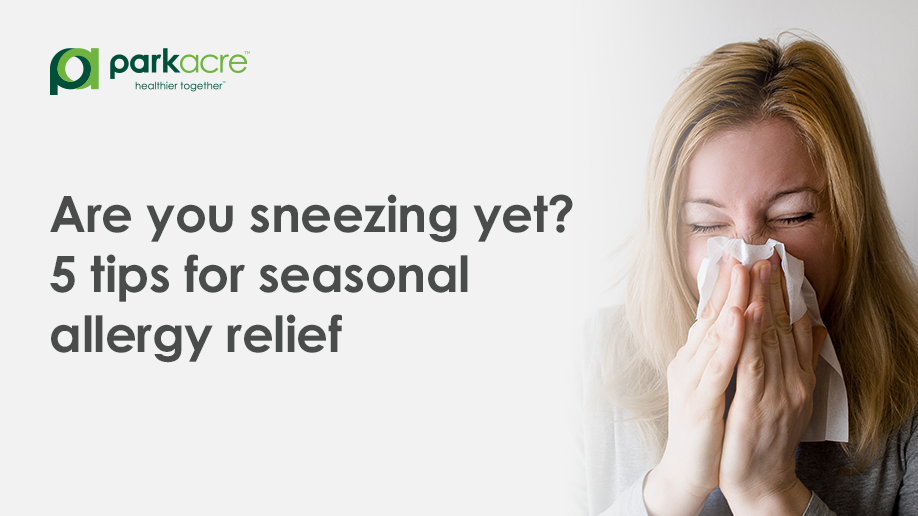Search
- About Us
- Our Brands
-
Contact Us
Enquiries+44 (0) 1427 666 000Opening TimesMon 9:00 ‐ 5:00Tue 9:00 ‐ 5:00Wed 9:00 ‐ 5:00Thu 9:00 ‐ 5:00Fri 9:00 ‐ 5:00Sat ClosedSun Closed
 14 May 2015
14 May 2015
Allergies can be a nightmare when the warm weather strikes. High pollen counts trigger seasonal allergies like hayfever and aggravate asthma, making it a challenge to enjoy the sunshine. What’s the best way to prevent the runny noses, itchy eyes and breathing difficulties many people face at this time of year?
Here are some tips to help keep five common allergies at bay:
Hayfever
Dust mites, mould spores, animals, or even certain foods can trigger allergies however, pollen from flowers and plants tend to be the main culprit behind the rise in sneezing and allergies over the warmer months. Taking Vitamin C can help to boost the immune system, which prevents, or at least slows down, the onset of hayfever. This anti-inflammatory supplement also keeps the body’s cells, blood vessels and connective tissues healthy. Other useful nutritional supplements that are believed to fight the common characteristics of hayfever, like watery eyes, coughing and sneezing, are Green Tea and Omega 3 Fatty Acids. It’s also useful to avoid going outdoors when the pollen count is at its highest. Remember that pollen can stick to clothes and hair, which can prolong allergy symptoms when indoors.
Eczema
Eczema can get much worse in hot and humid conditions, making the skin feel itchy and raw. Studies have shown that people who have a lack of Vitamin D are more susceptible to developing skin conditions and infections. Taking a regular supplement of Vitamin D could help to alleviate the symptoms of eczema like inflammation and redness.
Asthma
Atopic diseases like asthma and eczema can be worsened by hay fever. Omega 3 fatty acids, found in oily fish, olive oil and Fish Oils have been shown to reduce asthma. Green tea is also useful because it contains an antioxidant that can block the production of the two main triggers of allergic reactions, histamine and immunoglobulin.
Dust allergies
A stuffy or runny nose, itchy eyes and sneezing are key symptoms of a dust allergy. In fact a dust allergy can even result in wheezing and breathing problems. Some of the triggers include dust mites, mould and pollen. Vitamin C is a natural antihistamine that can prevent the onset of dust allergies – taking a Vitamin C supplement is a practical way to boost allergy protection and reduce the amount of histamine in the blood stream.
Pet allergies
Allergens can cling to pet fur, so ensuring you regularly clean and groom your animals, including pet bedding, will help to reduce the amount of allergy causing particles being brought into your home.
Allergies can be tricky to handle when weather changes, leading to a rise in allergy triggers. Nevertheless, a combination of promoting a healthy lifestyle through diet, exercise and supplements can help to make “Allergy Season” a whole lot easier.